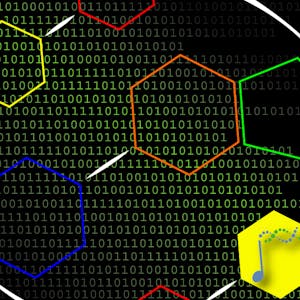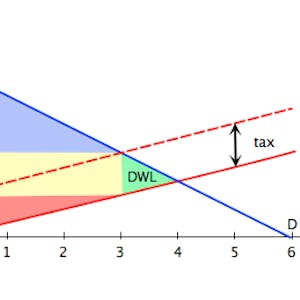AI for Cybersecurity
About this Specialization
This Specialization is designed for post-graduate students aiming to master AI applications in cybersecurity. Through three comprehensive courses, you will explore advanced techniques for detecting and mitigating various cyber threats. The curriculum covers essential topics such as AI-driven fraud prevention, malware analysis, and the implications of Generative Adversarial Networks (GANs). You will gain hands-on experience in identifying anomalies in network traffic, implementing reinforcement learning techniques for adaptive security measures, and evaluating AI model performance against real-world challenges. By completing this Specialization, you will develop a deep understanding of how to secure AI systems while addressing the complexities of adversarial attacks. This knowledge will prepare you to tackle emerging cybersecurity challenges, making you a valuable asset in the rapidly evolving field of digital security. With a focus on practical applications and industry-relevant skills, you will be well-equipped for a career in AI-driven cybersecurity.Created by: Johns Hopkins University

Related Online Courses
Learn to use tools from the Bioconductor project to perform analysis of genomic data. This is the fifth course in the Genomic Big Data Specialization from Johns Hopkins University.Created by: Johns... more
Perfect markets achieve efficiency: maximizing total surplus generated. But real markets are imperfect. In this course we will explore a set of market imperfections to understand why they fail and... more
Welcome to the Advanced Linear Models for Data Science Class 2: Statistical Linear Models. This class is an introduction to least squares from a linear algebraic and mathematical perspective.... more
This Specialization from leading researchers at the University of Washington introduces you to the exciting, high-demand field of Machine Learning. Through a series of practical case studies, you... more
In this specialization, learners will gain familiarity with the key information sources that constitute the scientific consensus on the human causes of climate change and its associated impacts. We... more








